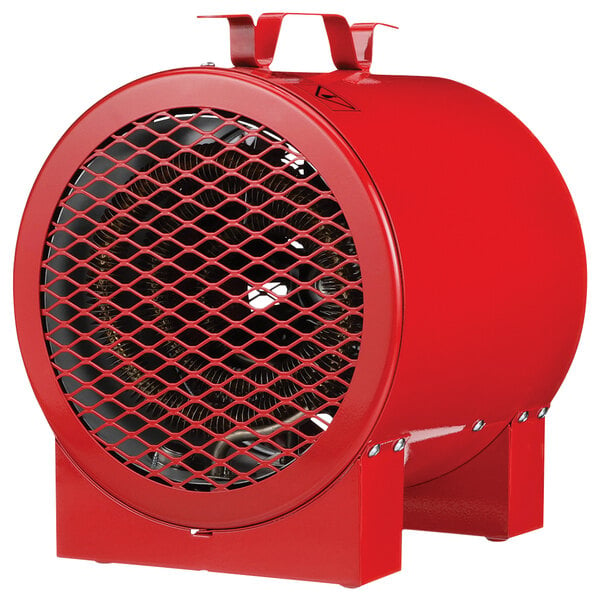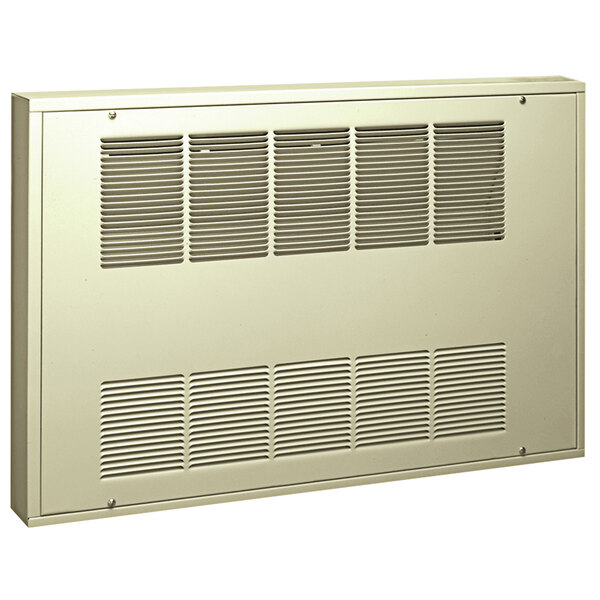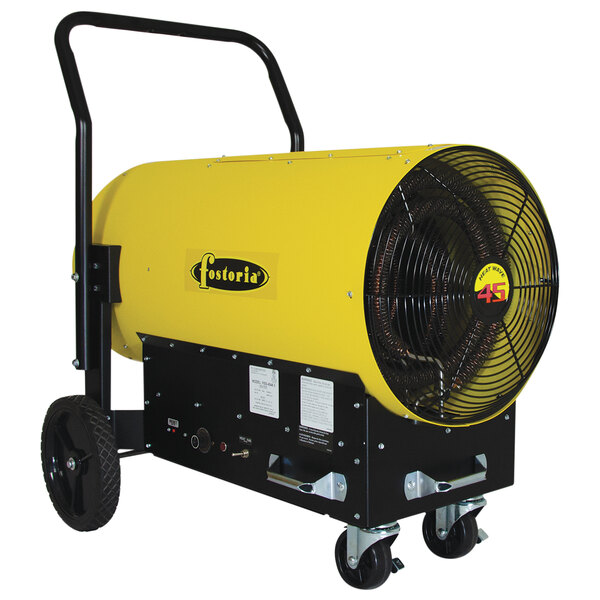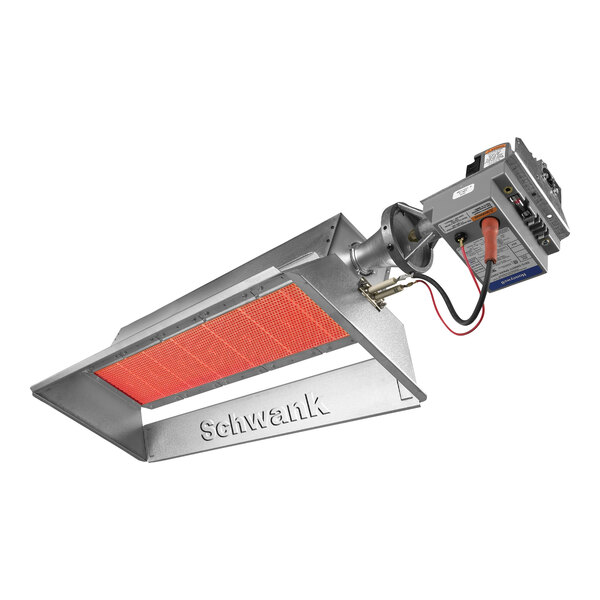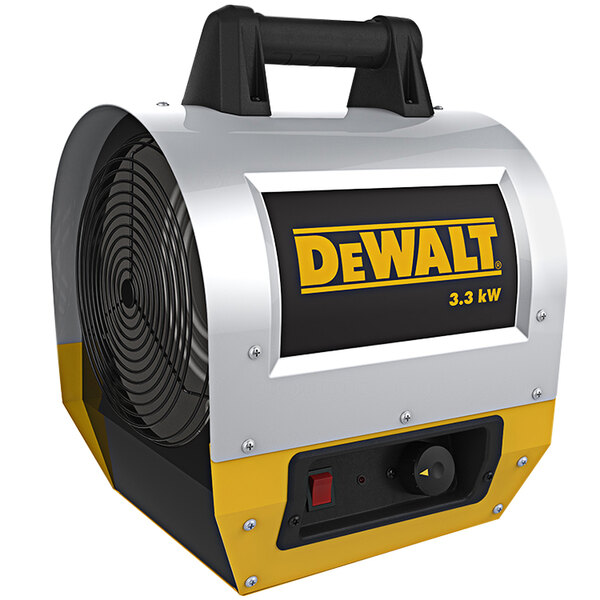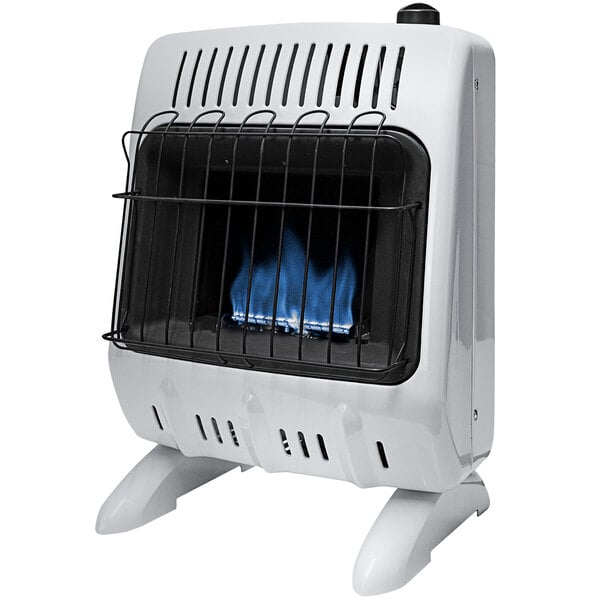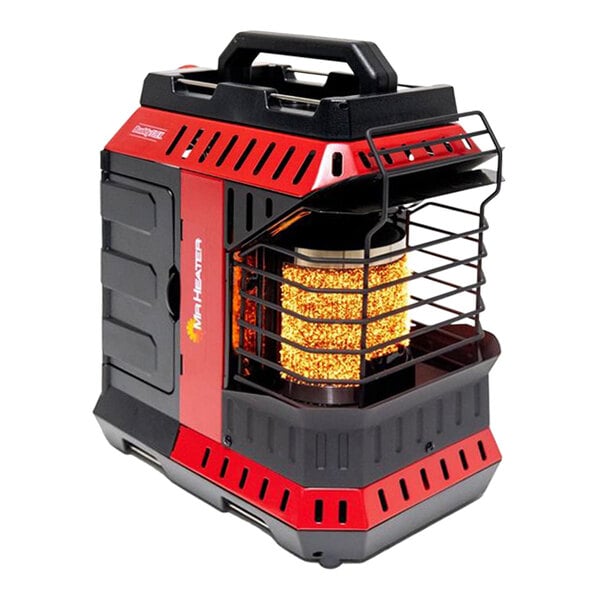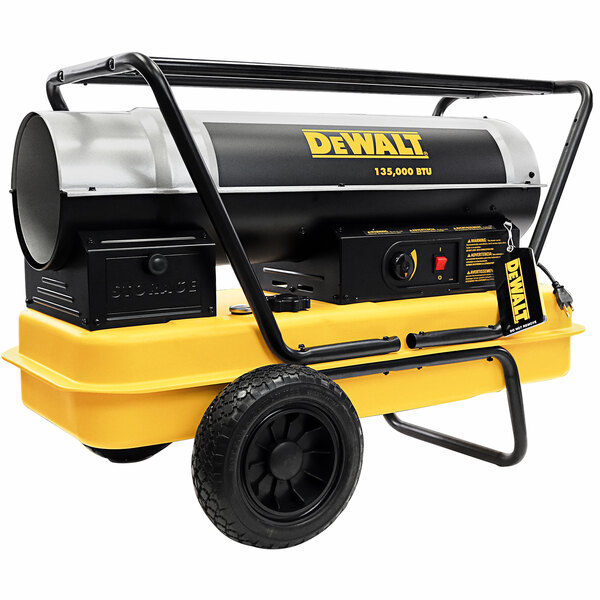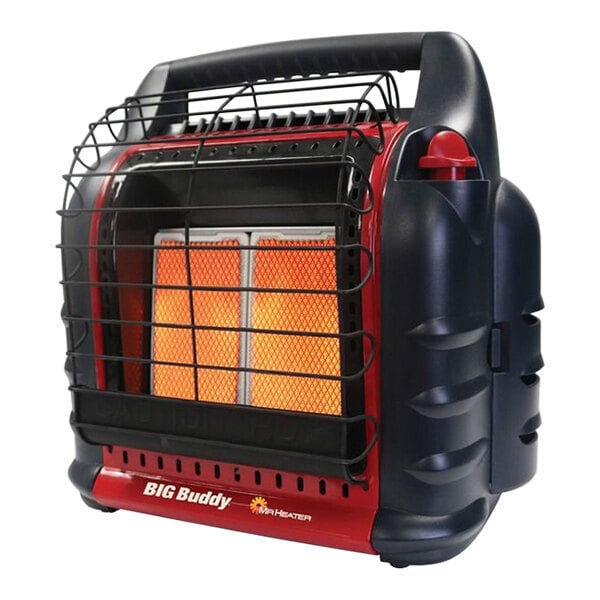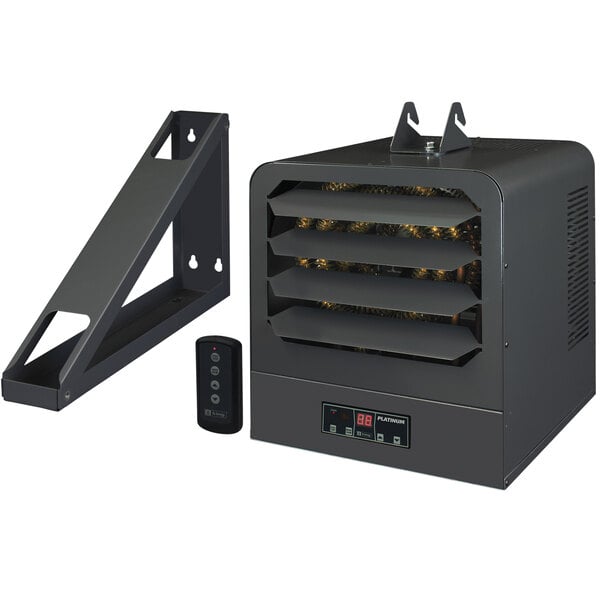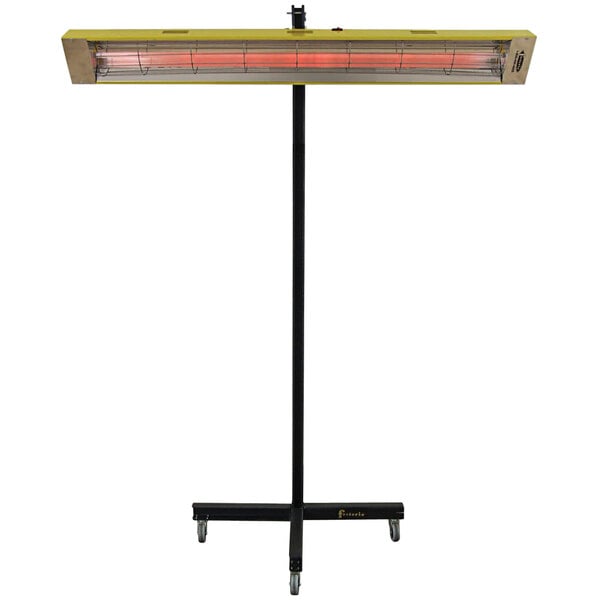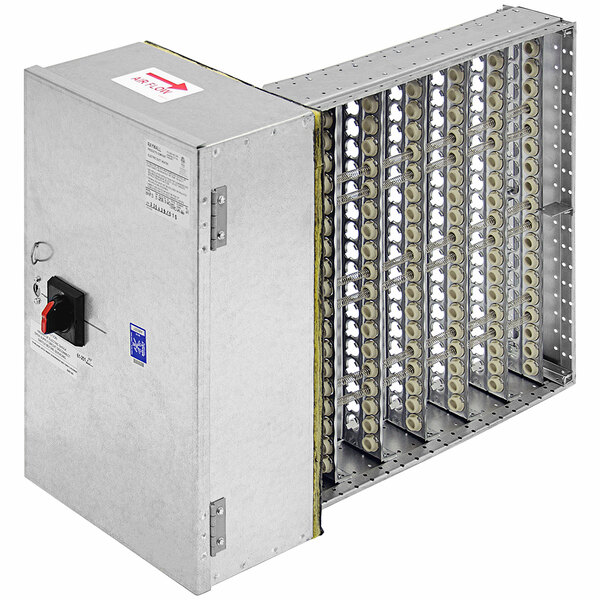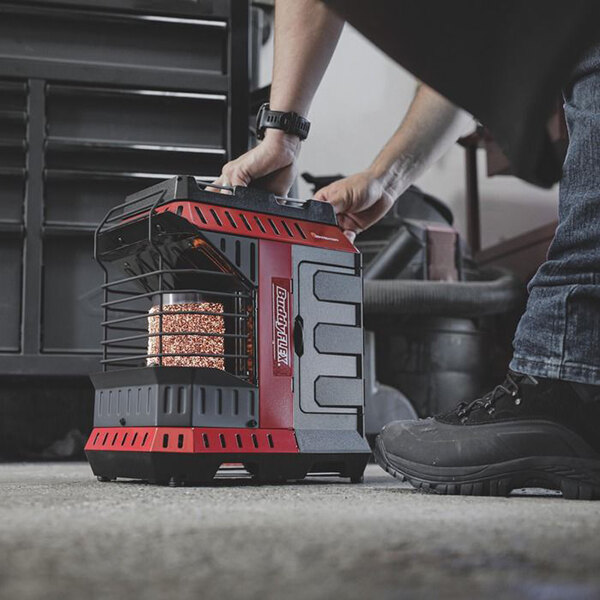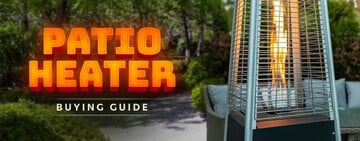Infrared heaters are a fantastic option for industrial heating due to the efficiency and versatility they provide. These heaters use infrared radiation to heat objects and people directly, rather than heating the air in a space.
What Is an Infrared Heater?
Infrared heaters work by emitting infrared radiation, which is a form of electromagnetic radiation. This radiation is invisible to the naked eye but can be felt as heat. When the infrared radiation comes into contact with an object or a person, it is absorbed and converted into heat energy, warming the object or person directly.
- Provides instant heat
- Energy efficient
- Does not contribute to allergen or dust circulation
- Available in various mount styles
Do Infrared Heaters Dry Out the Air?
Infrared heaters, unlike traditional convection heaters, do not directly heat the air. Instead, they emit infrared radiation that heats objects and people in its path. This means that the air in the room is not directly affected by the heater, and therefore, infrared heaters do not have a significant impact on the moisture levels in the air.
Are Infrared Heaters Safe?
Infrared heaters are considered safe for commercial applications due to their lack of open flames, reduced fire hazard, built-in overheating protection, absence of carbon monoxide emissions, and extensive safety features. However, it is crucial to follow installation and usage guidelines to ensure optimal safety.
While infrared heaters are generally safe, it is important to ensure proper installation and usage. Follow the manufacturer's instructions regarding placement, clearance, and power requirements. Regularly inspect the heater for any signs of damage or wear and tear, and promptly address any issues to maintain safety.



